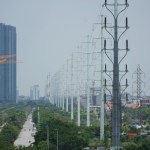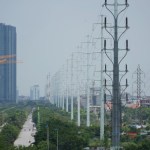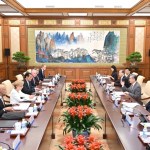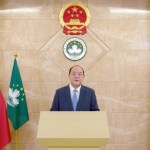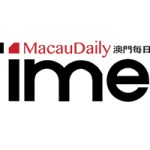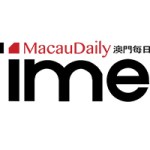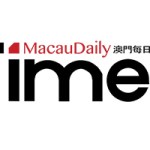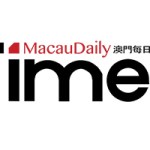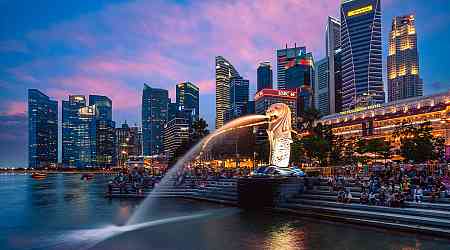Vietnam will let electricity-guzzling factories buy electricity from wind and solar power producers, helping big companies like Samsung Electronics meet their climate targets and relieving pressure on the country’s overstrained grid.
The government decree allowing Direct Power Purchase Agreements, or DPPAs, was approved earlier this month. It lifts a regulation requiring all consumers of power to rely only on the state-run utility Vietnam Electricity, or EVN, and its subsidiaries, which distribute electricity at rates fixed by the government.
Foreign investors that are vital to Vietnam’s ascent as a major exporter had been clamoring for such a change.
“The DPPA will dramatically alter this status quo,” said Giles Cooper, a partner at the international law firm Allens based in Hanoi who specializes in energy policy.
Without such a change, it was “difficult, if not impossible” for companies to meet their commitments to phase out reliance on fossil fuels. With more and more countries taxing carbon pollution, companies that can show that their factories use clean energy can enjoy a “considerable competitive advantage” in some markets, said Cooper, who contributed to the draftomg of the law.
This loosening of the Communist Party-ruled state’s grip on the sale of electricity has been in the making since 2019. In most of Southeast Asia, electricity markets tend to be centralized. But DPPAs to allow companies to buy energy from power producers directly are increasing, said Kyeongho Lee, head of Asia Pacific Power Research at Wood Mackenzie.
Lee said the amount of power generation under such agreements increased from 15 gigawatts in 2021 to 26 gigawatts in 2023, growth concentrated in India, Australia and Taiwan, which account for more than 80% of the total capacity that is under contract.
Vietnam’s move addresses investors’ concerns about access to stable and clean energy. That’s a priority for a country seen as a promising alternative for businesses looking to diversify supply chains outside China.
Liberalizing the market also is expected to spur more construction of new solar and wind farms by guaranteeing a market for clean electricity, analysts say.
About 20 large companies are interested in buying clean energy directly from producers, according to a survey conducted by Vietnam’s Ministry of Industry and Trade, with total demand estimated at nearly 1 gigawatt of energy.
The South Korean multinational told The Associated Press in an email that it welcomed the approval of the “landmark decree.”
Apple Inc., which has moved some manufacturing to Vietnam from China after enduring disruptions in its production during the COVID-19 pandemic, also welcomed the reform as an “important step towards a cleaner grid.”
Bessma Aljarbou, head of Apple’s Supplier Carbon Solutions said in a statement that the plan provides suppliers with a “meaningful opportunity” to support Vietnam’s goal of becoming carbon neutral by 2050 while meeting its own goal of becoming carbon neutral by 2030.
The success of DPPAs will depend on how quickly Vietnam can upgrade its rickety electrical grid, which as is in the case in many places in the world, has failed to keep up with rapid growth of clean power generation. Vietnam says it needs $15 billion to strengthen it.
This could be an obstacle for factories where it is impossible to build a solar or wind farm close by, meaning that companies can only buy clean power “virtually,” buying the energy from the state utility, EVN, which would purchase the power from the solar or wind farm, with the buyer making up any difference in costs between the government rate and the one agreed on in the purchasing agreement.
“In this model, there is no direct link between the consumer and generator. In fact, they can be hundreds of kilometers apart,” explained Cooper, adding that even though the company still buys electricity from the state-run utility it now has contractual evidence of its use of renewable energy.
The new directive has two mechanisms for factories to directly buy renewable energy. The first is the so-called direct wire model where some large consumers of electricity can be connected to a nearby renewable power plant through a direct transmission line. They can then buy the electricity at an agreed-upon rate. This ensures the power will be entirely clean energy with no involvement of EVN.
Vietnam increased its use of solar and wind power by tenfold between 2015-23 and power from such clean sources now accounts for about 13% of total electricity generation. ANIRUDDHA GHOSAL, HANOI, MDT/AP


















